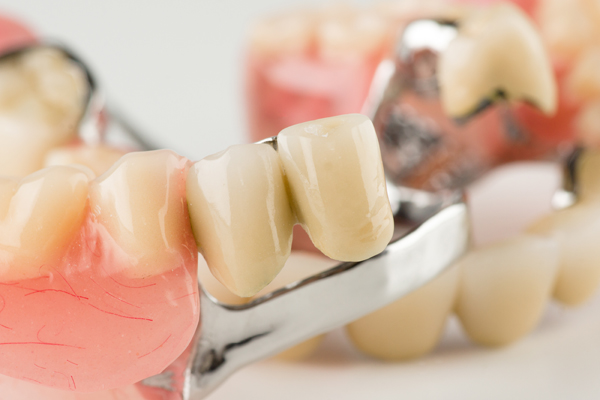When To Seek Emergency Dental Care

Pain is a pretty good indicator that you need emergency dental care. Especially when it becomes so constant and intense that you can barely focus on anything else. Along with pain, there are other symptoms that also warrant emergency dental treatment. Here is what you need to know about dental emergencies.
What is a dental emergency and how does a dentist handle it?
A dental emergency is any oral or dental problem that affects the minute-to-minute aspects of a person’s life. It can keep the affected individual from sleeping, eating, talking or even thinking. A dental emergency can be the result of an oral health issue that develops into an urgent, serious problem, or it can happen unexpectedly, such as in the case of an accidental blow to the mouth.
Emergency dentistry aims to treat untimely dental problems in the shortest amount of time. Where possible, an emergency dentist will treat a patient, and that is the end of it. Sometimes, however, the dentist offers temporary treatment for immediate relief. The patient then gets a referral for further treatment from a specialist, such as a periodontist or an orthodontist.
Other times, an emergency dentist may refer an individual suffering from a serious injury to a medical doctor. A dentist will take this route when injuries include soft tissue damage and likely injury to the jaw.
How does a person identify a dental emergency?
There are a variety of ways that a person may identify the need for emergency dental care. Here are the three most common.
1. Pain
A throbbing, persistent toothache can be debilitating. It seems to take on a life of its own, with the sole mission of driving a person insane. Pain that keeps a person awake at night or prevents them from going about their day is a dental emergency. Pain that does not respond to painkillers is also a dental emergency.
This discomfort is the body’s way of crying out for help and asking for an emergency dentist. More often than not, dental pain comes with other symptoms as well.
2. Signs of infection
A large percentage of dental problems are the result of mouth bacteria that attack the teeth and gums. Left unchecked, bacteria breach the enamel to cause cavities, which develop into full-on tooth decay. Sometimes, harmful bacteria find their way into the dental pulp, where they attack the soft tissues of the teeth. When things ultimately come to a head, a person will observe one or more of the following symptoms:
- A pimple on the gums that seems to be filled with pus
- Pressure and throbbing within the tooth
- A discharge of pus
- Swelling at the site of the problem tooth
- High temperature, chills and other symptoms of fever
As mentioned earlier, these symptoms also usually come with lots of pain. Infections can be life-threatening and even fatal, and they qualify as dental emergencies.
3. Injury
A blow to the mouth is often unforeseen. It can turn into a dental emergency, depending on its severity. In the case of trauma to the mouth, be on the lookout for the following signs:
- Excessive bleeding
- Fractured or broken teeth that hurt badly
- A knocked-out tooth
- Soft tissue damage
- Swelling
- A painful, swollen jaw
Choose caution by having an emergency dentist in your contacts list
A dental emergency needs timely treatment from an emergency dentist before it turns into an even more serious medical condition. That is why you should know where to find emergency dental care at a moment’s notice.
Our practice in Delaware offers emergency dental services. Call us to find out more.
Here's how you reach us…
Request an appointment here: https://sexton-dental.com or call Sexton Dental at (740) 363-2080 for an appointment in our Delaware office.
Check out what others are saying about our services on Yelp: Read our Yelp reviews.
Recent Posts
For tooth loss, partial dentures are a good treatment option. This appliance not only revives your smile and appearance, but it can have health benefits as well. Your dentures allow you to chew effectively again and eat healthy foods. Replacing missing teeth will also help to prevent additional tooth loss and bone loss. A partial…
Understanding the key differences between a dentist and an orthodontist can help patients determine which specialist they need for their oral health care. While both professionals focus on maintaining and improving oral health, their roles, training, and areas of expertise differ significantly. A dentist typically handles general dental care, while an orthodontist specializes in diagnosing…
The purpose of dental onlay is to restore the appearance and function of the tooth following severe tooth decay or damage. The patient will be able to use their teeth like before. Unfortunately, dental restorations do not last forever and may fail eventually, either due to aging, injuries or accidents. Knowing what causes the dental…
If you experience soreness or pain in the jaw, you may want to talk with your dentist about TMJ treatment and whether the condition is causing your pain or other issues. Temporomandibular joint dysfunction (TMJ) is a serious condition that causes stiffness in the joints of the jaw, pain, soreness, swelling, and loss of movement.…


